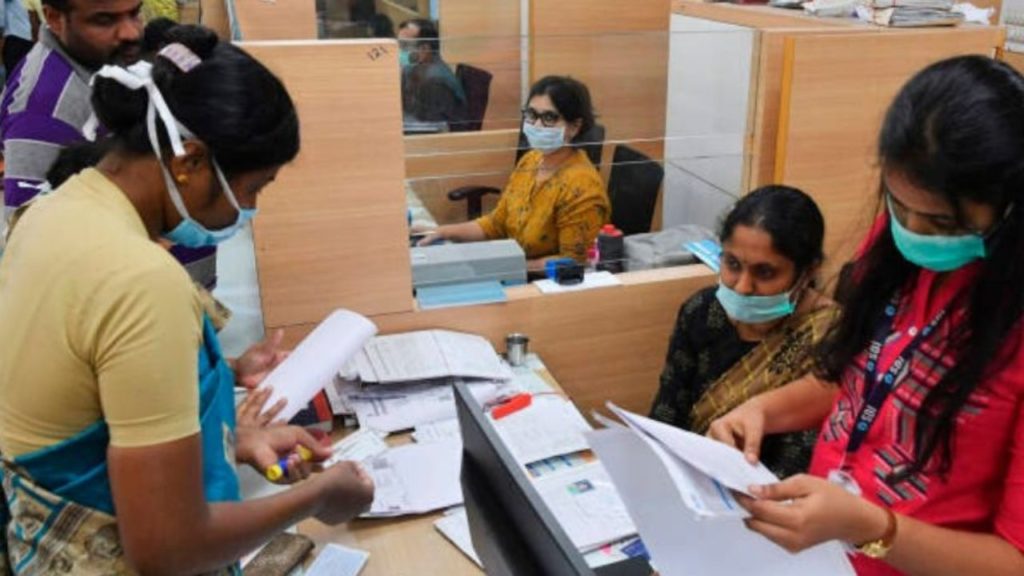Privatization of PSU Banks Can Be Postponed In 2020: Find Out Why, And When Will It Begin?

As per the reports, the privatization of any public sector bank (PSB) during the current fiscal is very unlikely due to their low valuations and mounting stressed assets amid the COVID-19 crisis.
Why Would This Happen?
Currently, four public sector banks are under the RBI’s Prompt Corrective Action (PCA) framework, which puts several restrictions on them, including on lending, management compensation and directors’ fees.
That’s why, it does not make any business sense to sell these lenders — Indian Overseas Bank (IOB), Central Bank of India, UCO Bank and United Bank of India — as there will not be any suitors for them from the private banking space.
Also, the government will refrain from the distress sale of its entities, especially if they are in strategic sectors, they added.
The outright sale is not possible as hardly any public sector bank has gone for stake dilution in the last many years as valuations have been very depressed, as per the sources.
On top of that, the government stake in some PSBs has gone past 75 percent due to successive capital infusions for meeting mandatory regulatory ratios.
How Does It Affect?
According to sources, the COVID-19 pandemic has not only halted the process of recovery of PSBs but it is going to have an adverse impact on the financial health of private sector banks too.
Going optimistic about the better financial health of the PSBs, Finance Minister Nirmala Sitharaman had not announced any capital infusion for them in Budget 2020-21 in February this year.
However, the government is following the process of consolidation of PSBs for the past few years.
Further, it started with the merger of State Bank of Saurashtra with its parent State Bank of India (SBI) in 2008 and subsequently, State Bank of Indore was merged with SBI in 2010.
Again SBI amalgamated its remaining five subsidiaries State Bank of Patiala, State Bank of Bikaner and Jaipur, State Bank of Mysore, State Bank of Travancore, State Bank of Hyderabad along with Bhartiya Mahila Bank (BMB) effective April 2017, after an over six-year hiatus.
Vijaya Bank and Dena Bank were merged with Bank of Baroda from April 1, 2019, in the first three-way amalgamation, to create the third-largest lender of the country.
With the beginning of April this year, a mega consolidation exercise took shape.
Oriental Bank of Commerce and United Bank of India were merged into Punjab National Bank; Syndicate Bank into Canara Bank; Andhra Bank and Corporation Bank into Union Bank of India; and Allahabad Bank into Indian Bank, as per the consolidation plan.
Earlier, there were as many as 27 PSBs in 2017. But, following the consolidation, there are now seven large public sector banks and five smaller ones.

Comments are closed, but trackbacks and pingbacks are open.